The End Of Indie Music Journalism As We Know It
·
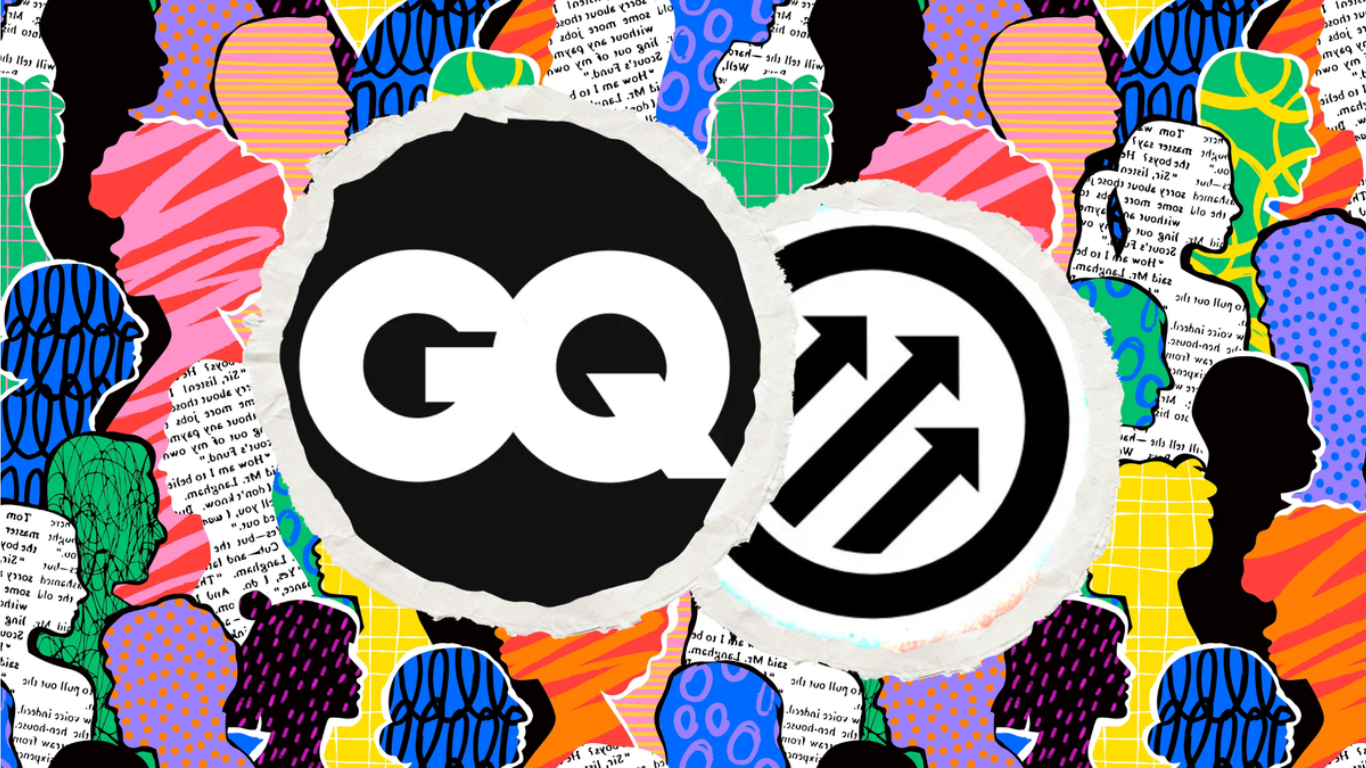
·
Nearly three decades since its founding, Pitchfork, an online music magazine with the power to catapult artists to stardom (or consign them to obscurity), was merged with another entity: a men’s fashion and style magazine earlier this year.
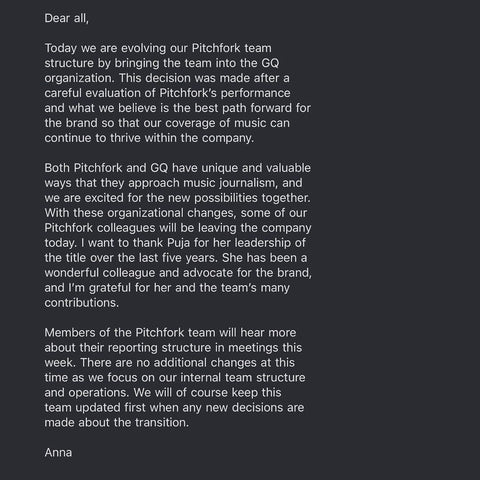
This announcement, released by Condé Nast, Pitchfork’s parent company, sent shockwaves through the music community, sparking heated discussions about the future of music criticism and review platforms.
With a storied history of groundbreaking coverage and an uncanny knack for spotting rising stars, Pitchfork has long been hailed as a game-changer in the music industry.
The decision to integrate Pitchfork into GQ came after a meticulous evaluation of its performance, according to Anna Wintour, the chief content officer for Condé Nast.

While the move aims to ensure the continued success of music coverage within the company, it raises questions about the evolving role of music journalism in an era dominated by social media recommendations and algorithm-driven playlists.
Pitchfork, the brainchild of record store clerk Ryan Schreiber, quickly ascended to the throne by championing indie music and offering razor-sharp commentary on the music scene.
Over the years, it morphed alongside the shifting sands of music consumption, from CDs to MP3s to the streaming revolution.

With its crack team of writers and diverse coverage, Pitchfork carved out a niche as the go-to source for music criticism.
However, the decision to merge Pitchfork with GQ set alarm bells ringing among musicians and fans alike. Many feared that the distinctive voice and in-depth coverage that Pitchfork is renowned for may get watered down in a more mainstream men’s magazine environment.

Moreover, the decision to downsize staff members, including Puja Patel, Pitchfork’s editor-in-chief, represents more than just a shift in organizational structure; it symbolises the loss of institutional knowledge and editorial voice that have long defined Pitchfork’s identity.
As traditional outlets grapple with challenges in an increasingly digital world, the fate of platforms like Pitchfork serves as a litmus test for the future of music journalism.
Click Here To Read More
Why Cassette Players Are Cool Again
Shakti's "This Moment" Wins Best Global Music Album

This announcement, released by Condé Nast, Pitchfork’s parent company, sent shockwaves through the music community, sparking heated discussions about the future of music criticism and review platforms.
With a storied history of groundbreaking coverage and an uncanny knack for spotting rising stars, Pitchfork has long been hailed as a game-changer in the music industry.
The decision to integrate Pitchfork into GQ came after a meticulous evaluation of its performance, according to Anna Wintour, the chief content officer for Condé Nast.

While the move aims to ensure the continued success of music coverage within the company, it raises questions about the evolving role of music journalism in an era dominated by social media recommendations and algorithm-driven playlists.
Pitchfork, the brainchild of record store clerk Ryan Schreiber, quickly ascended to the throne by championing indie music and offering razor-sharp commentary on the music scene.
Over the years, it morphed alongside the shifting sands of music consumption, from CDs to MP3s to the streaming revolution.

With its crack team of writers and diverse coverage, Pitchfork carved out a niche as the go-to source for music criticism.
However, the decision to merge Pitchfork with GQ set alarm bells ringing among musicians and fans alike. Many feared that the distinctive voice and in-depth coverage that Pitchfork is renowned for may get watered down in a more mainstream men’s magazine environment.

Moreover, the decision to downsize staff members, including Puja Patel, Pitchfork’s editor-in-chief, represents more than just a shift in organizational structure; it symbolises the loss of institutional knowledge and editorial voice that have long defined Pitchfork’s identity.
As traditional outlets grapple with challenges in an increasingly digital world, the fate of platforms like Pitchfork serves as a litmus test for the future of music journalism.
Click Here To Read More
Why Cassette Players Are Cool Again
Shakti's "This Moment" Wins Best Global Music Album
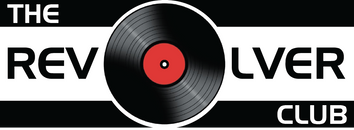
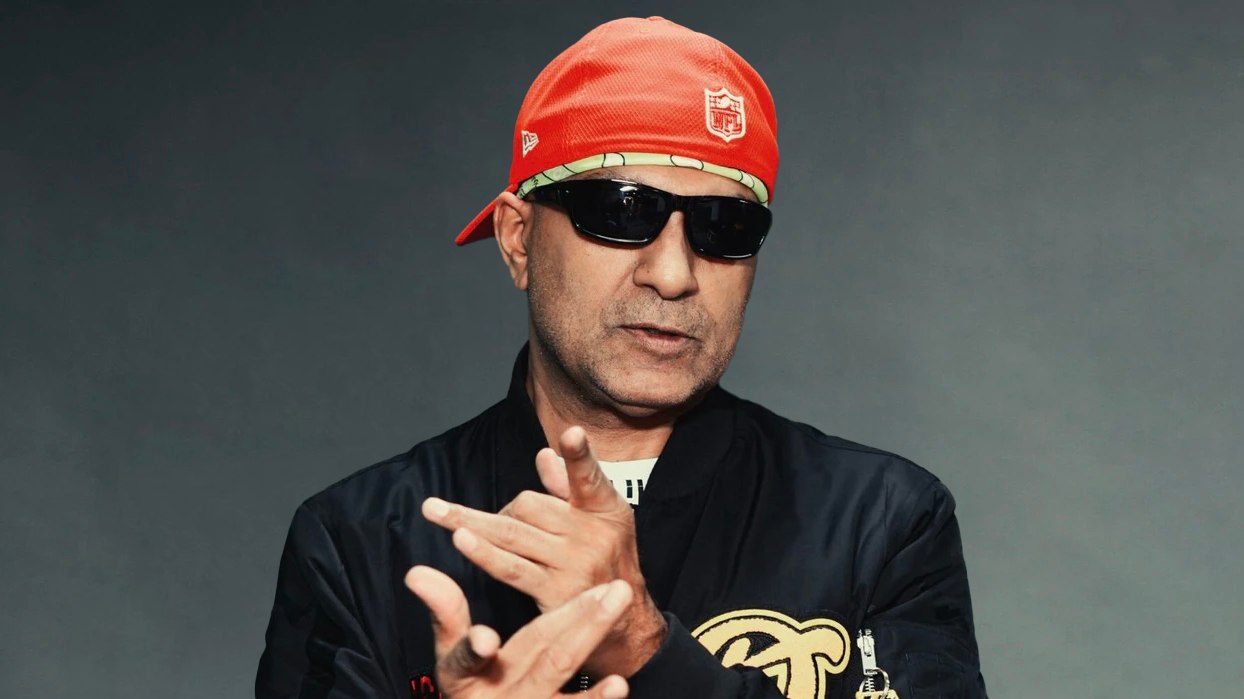

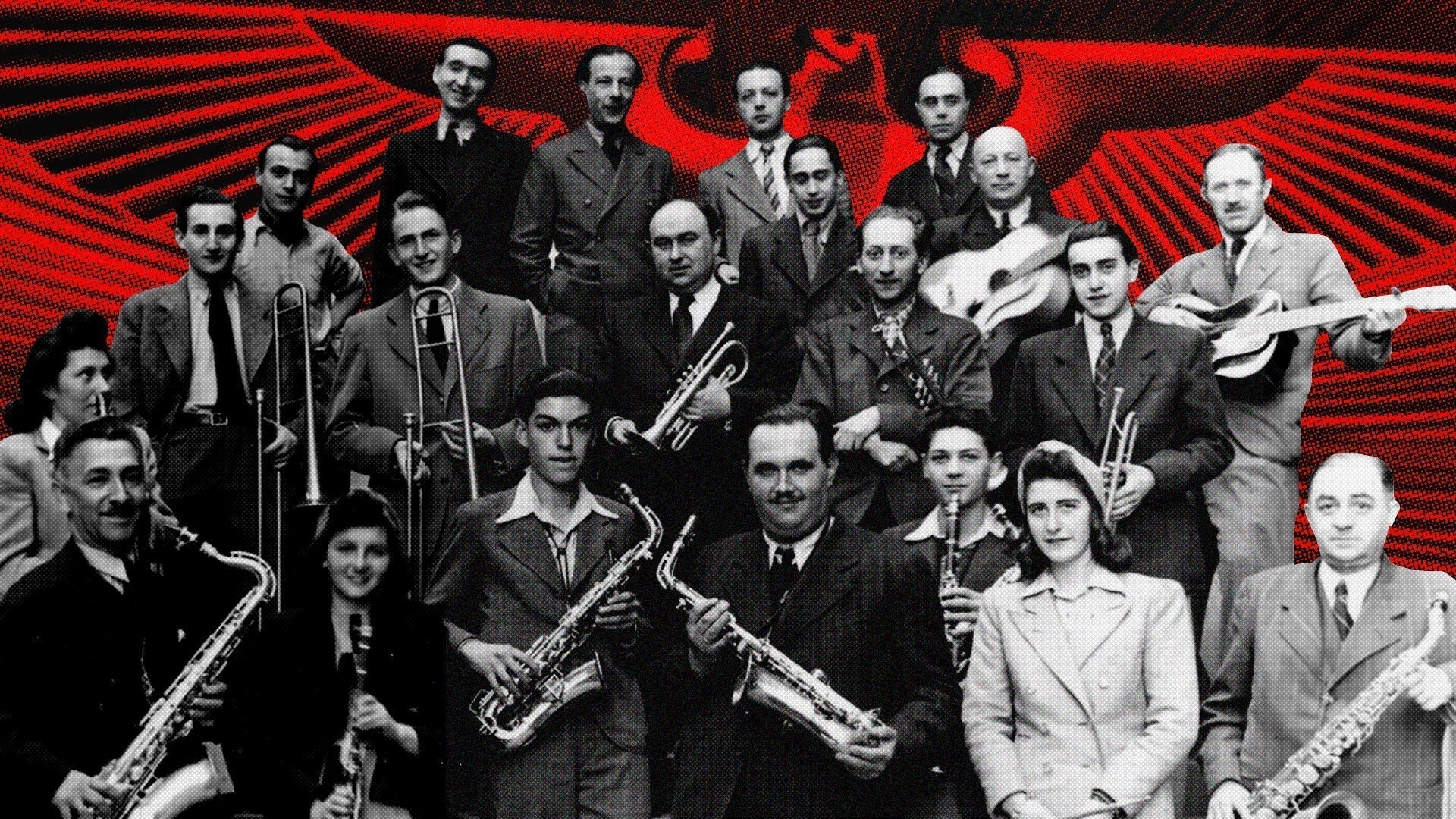


Comments